Exact Answer: Within 48 – 72 hours
If someone is either seen committing a crime or is suspected to be committing a crime, then they’ll be arrested and taken into custody. The suspect may be arrested by the police or other officers who are a part of the criminal justice system of that country.
In addition, places like England and Wales grant citizens the power to arrest someone provided that there is a good reason behind the arrest, and if they can provide evidence.
After being arrested, a thorough investigation will probably be conducted, along with questioning. The next stage is the charging of crime, with respect to the evidence that is provided.
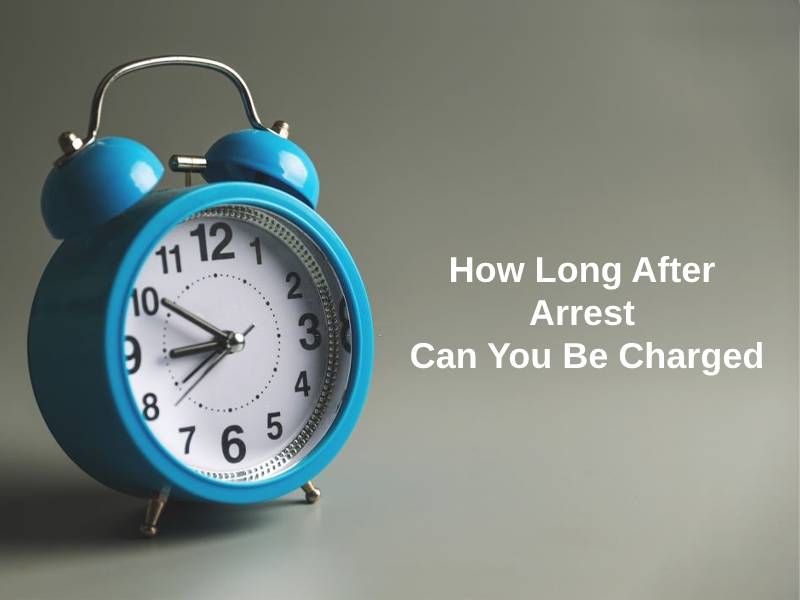
How Long After Arrest Can You Be Charged?
| State of arrest | Time after the arrest when you’re charged |
| In custody | Within 48 – 72 hours |
| Not in custody | Days, weeks, months, etc. |
Being arrested means that you’re being apprehended and taken into custody, which is essentially being offered legal control or protection. An arrest can only be made if the person has either been seen engaging in a crime or has been suspected of committing the crime.
An arrest can be made by a law enforcement officer. They exercise their legal authority over the suspect to restrict their freedom of movement. Note that they will only be able to go forward with an arrest if they have probable cause. Probable cause is not just a suspicion, but it is an inkling that the suspect is guilty, depending on all the information that they’ve gathered to support their suspicion.
Normally, an arrest needs an arrest warrant in order to take place. Judges issue an arrest warrant only when there is sufficient probable cause. If a police officer is making an arrest without a warrant, then they will have to prove that it was necessary to arrest them, on top of having probable cause.
Being charged with a crime is when the law presents an official allegation against you. Prosecutors go through and review the evidence and reports that are submitted regarding the arrest case. Then, if they do find the crime, that they charge the suspect.

This is done using a grand jury, which is a group of citizens who are unbiased and just. After listening to the presented evidence, the grand jury decides that the suspect has committed a crime, base on probable cause.
If the suspect is taken into custody after their arrest, then prosecutors have within 48 – 72 hours to charge the suspect.
If the suspect is not into custody, then it may take days, weeks, or even months for prosecutors to charge the suspect.
Why Does It Take That Long To Be Charged After Getting Arrested?
After an arrest, the law enforcement officers submit their investigations in the form of reports. This evidence is submitted to prosecutors, so they can review it to make a judgment. Once prosecutors review all the evidence, they decide on the criminal charges that they are filing against the suspect in question. They present these charges in a document, that is filed in court. These documents that are used to charge the suspect are known as ‘indictments’, ‘complaints’, or ‘information’.
This evidence is presented to the grand jury, who concludes, with respect to the evidence, that the suspect has committed the crime. Only then is the suspect indicted.
After the suspect is indicted, then they will have to attend the initial hearing for the case. The initial hearing allows the defendants to learn about the charges that are filed against them and their rights. The court may also hear out the defendant’s plea, decide on what custody status to offer the defendant, hire a public defender for the defendant if they can’t afford an attorney, and decide on future court hearing dates.
The next step is discovery, where both prosecutors and defendants learn more about the opposite party’s case. This includes evidence like police reports, witness statements, videos, photos, and anything that could contribute to the case.

Next is a plea bargain. Here, the defendant and prosecution agree to conclude the case without having to go to trial.
A preliminary hearing is necessary if the defendants do not plead guilty. The prosecution essentially presents evidence, in order to persuade the judge into believing that the case has probable cause. If the judge agrees, then the court holds a trial.
In a trial, prosecutors submit all the evidence that has been collected. In addition, the other party will also be able to present their evidence. After further cross-examination by the jury, they reach a verdict.
If the defendant is found to be guilty, the court sentences a particular punishment for the defendant, according to the crime.
If the defendant wishes to change their sentence or the court to reevaluate the case, then they may apply for an appeal.
It takes the prosecutors at least 48 – 72 hours after an arrest to file charges because they must collect and review all the evidence, and prepare the charging document for the court to review.
Conclusion
After being arrested, the suspect will have two rights. The first right is the right to remain silent and the second right is the right to talk to an attorney. The right to consult an attorney is always more powerful.
So if you are being criminally charged, it is advised to immediately consult an attorney who is experienced in criminal defense. Thus, the attorney can skillfully and effectively explain the court procedures that are respective to your jurisdiction, so you can figure out your next step.
If it is revealed that you have been falsely arrested, then both the private citizens and the police in charge will be held responsible. The police may be sued for the victim for monetary damages as part of a civil rights lawsuit.

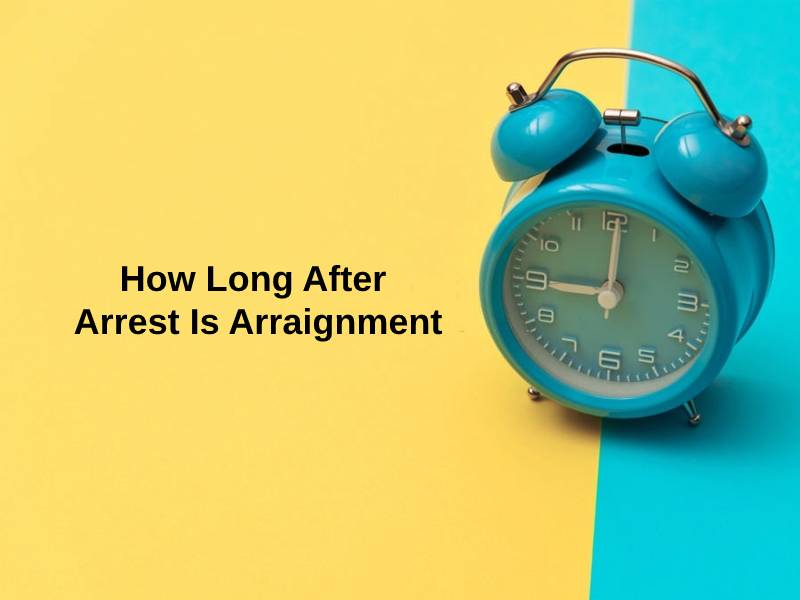
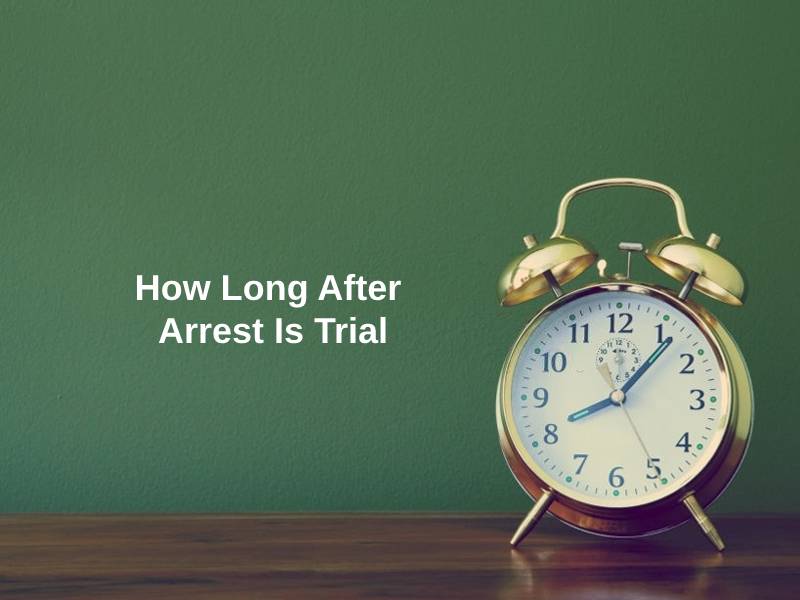
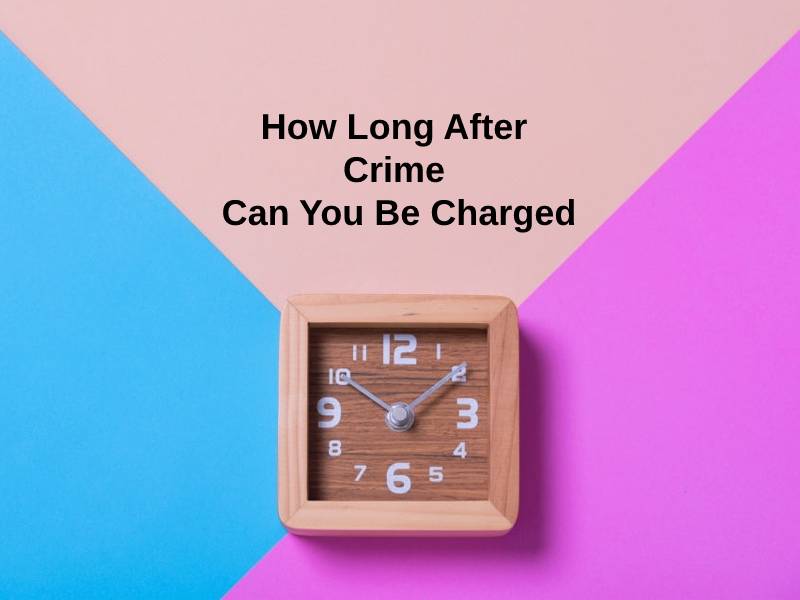
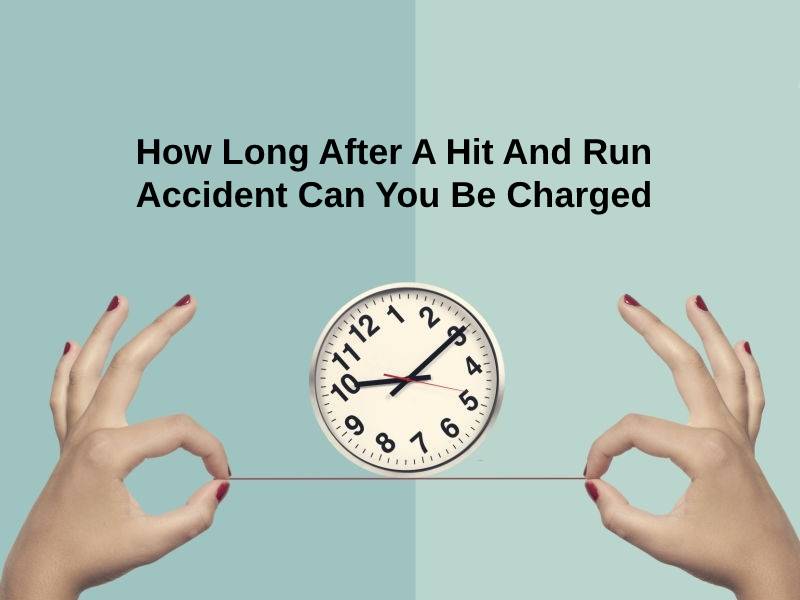
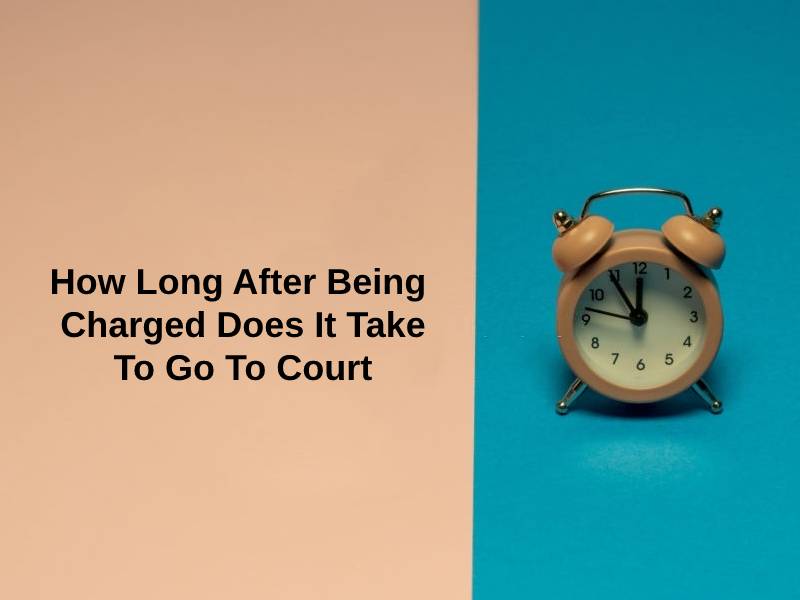
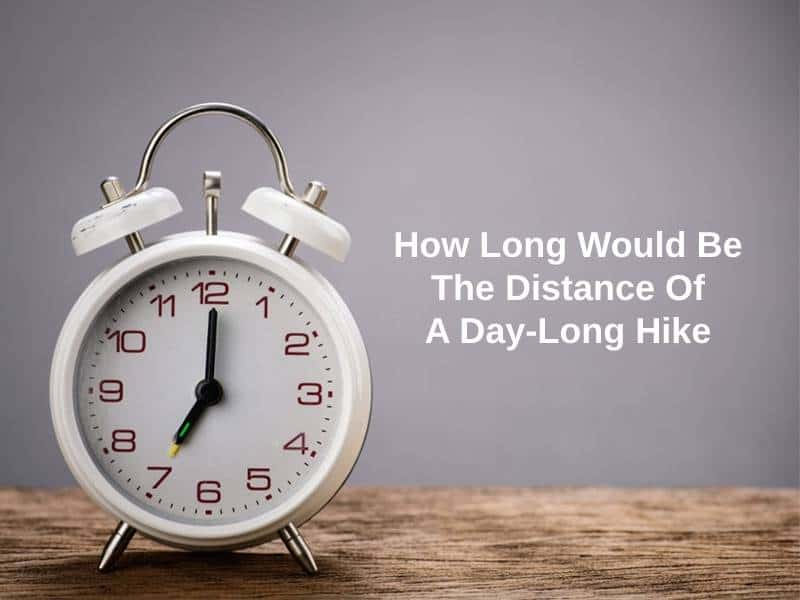


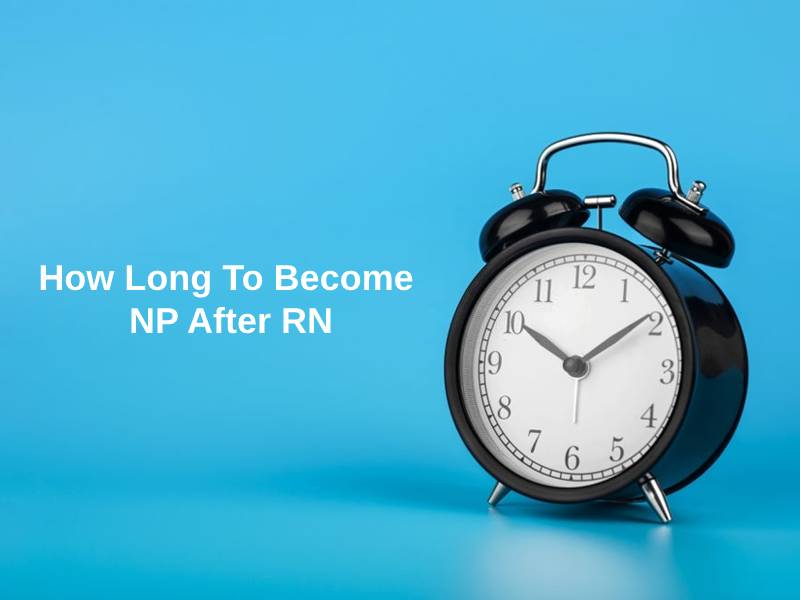
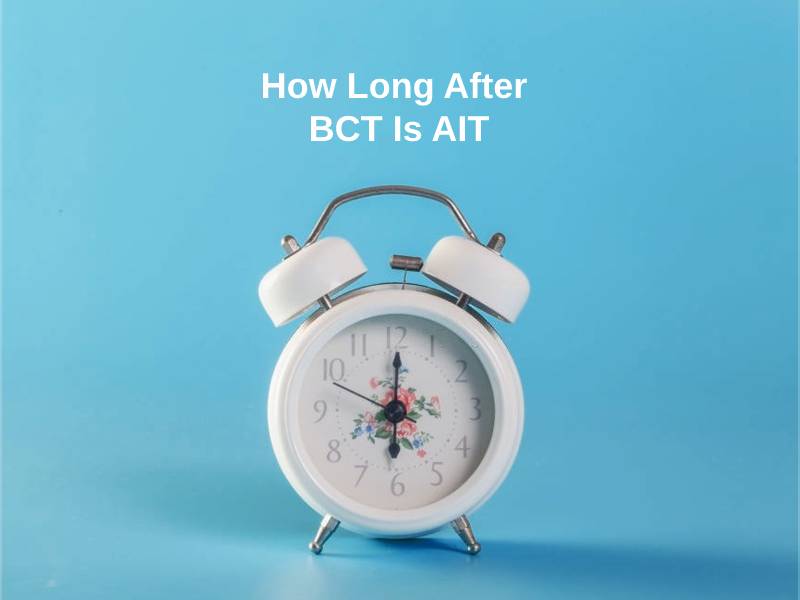

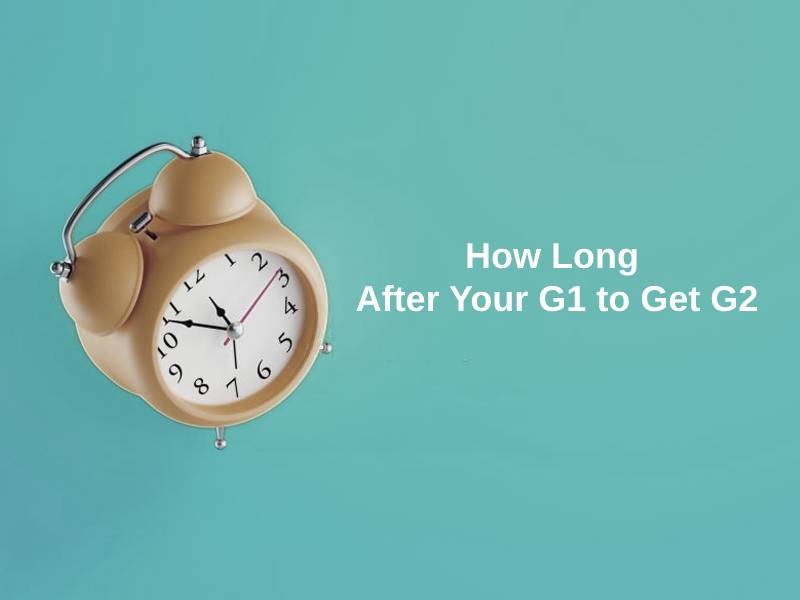
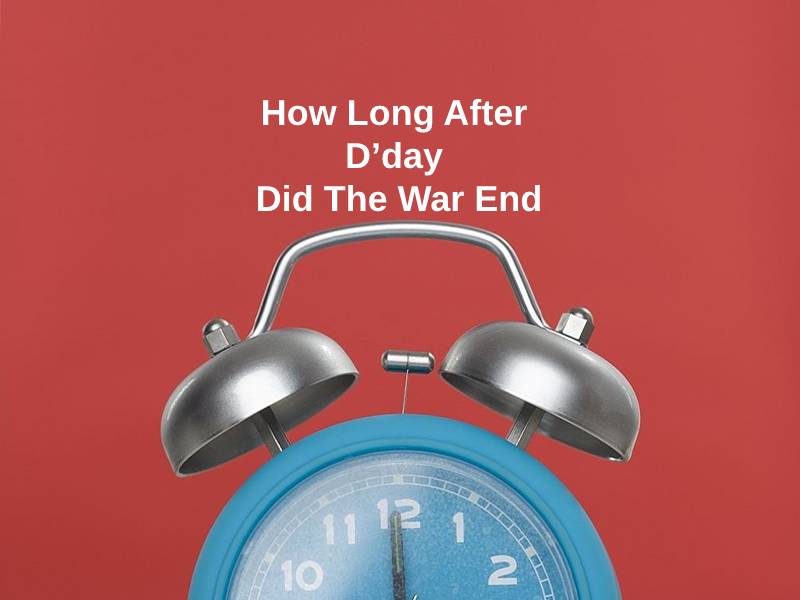
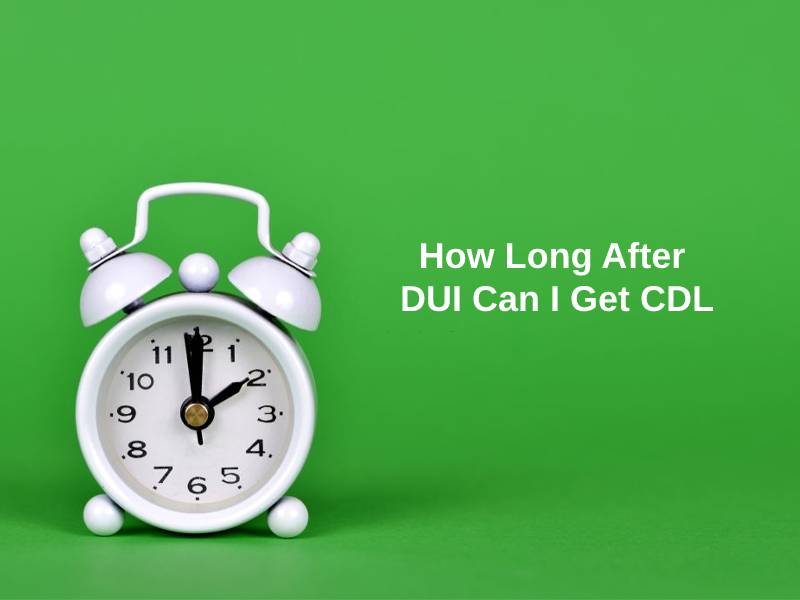
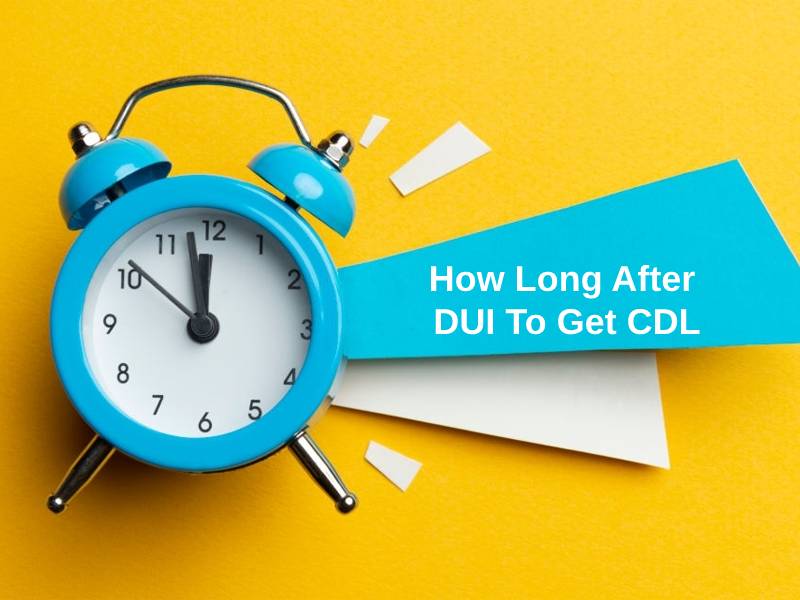
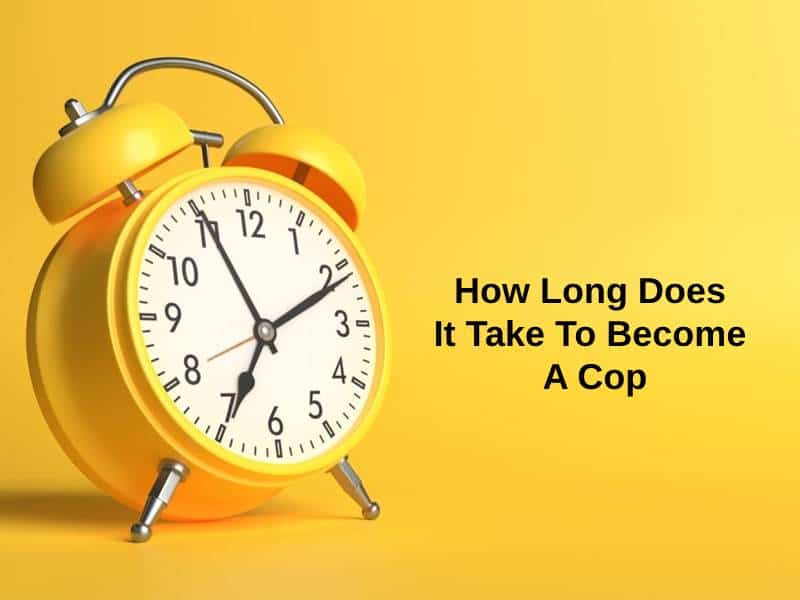
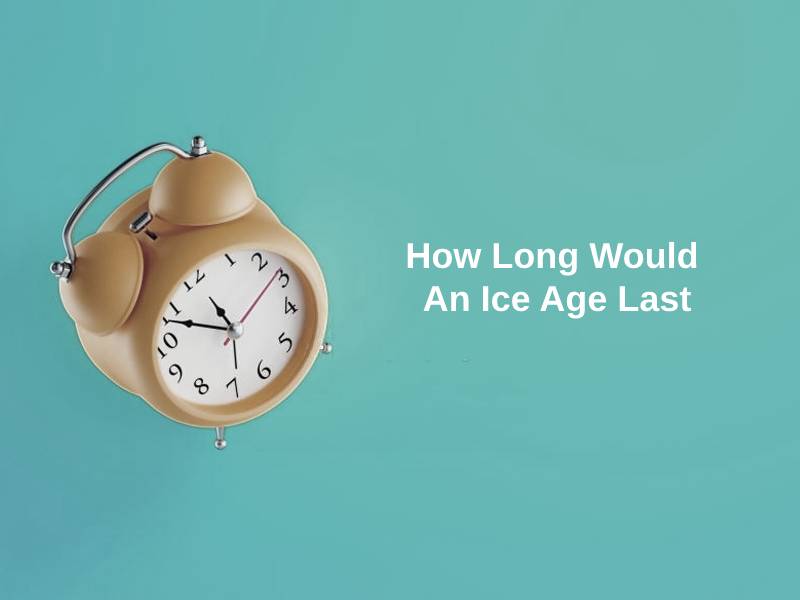
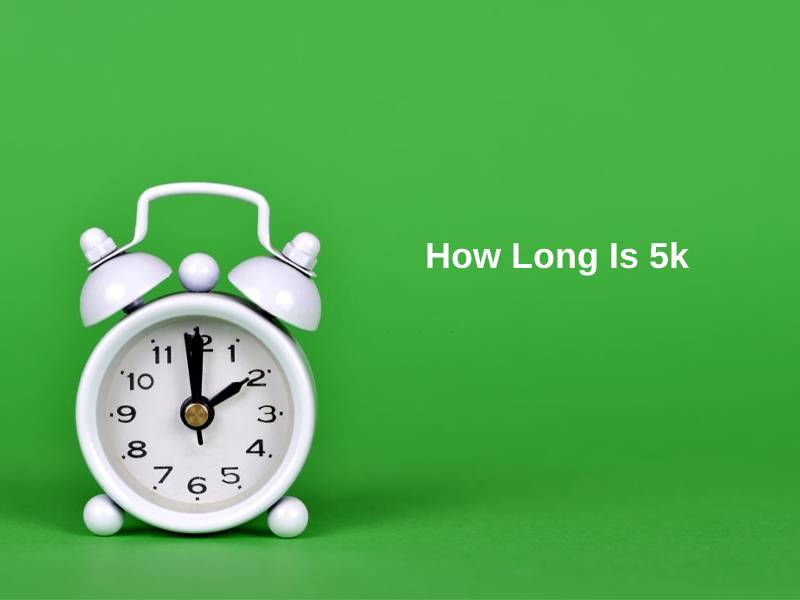
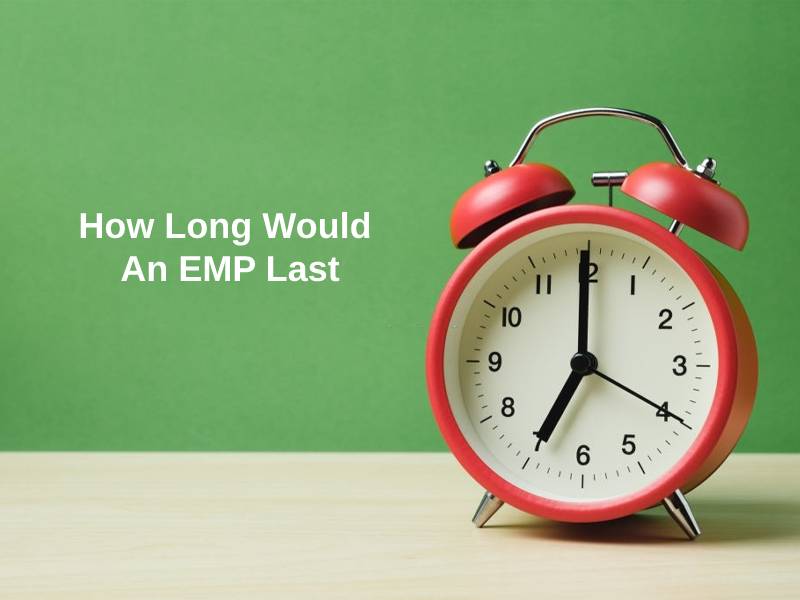

While the legal process may seem intricate, this article effectively breaks down the steps involved in charging a suspect after an arrest. It’s a valuable resource for those seeking knowledge on the subject.
I completely agree, Ross. This article is a great resource for understanding the legal intricacies of charging suspects after arrest.
Well said, Ross. The article simplifies complex legal procedures, making it accessible to a wider audience.
The article is a commendable effort in educating the public about the legal processes post-arrest. It’s an insightful and well-structured piece that enhances legal knowledge among readers.
Well-stated, Kennedy. The article effectively elucidates the legal intricacies post-arrest, thereby improving legal awareness among readers.
Absolutely, Kennedy. This article is an essential resource for promoting legal literacy and understanding among the public.
This article presents an in-depth explanation of the legal procedures post-arrest. It’s an enlightening piece that contributes to legal literacy among the public.
Absolutely, Faye. This article effectively informs readers about the legal steps involved after an arrest, thus promoting legal awareness.
Well-stated, Faye. The article serves as a valuable educational resource for those interested in the legal processes of charging a suspect after arrest.
This article sheds light on the legal intricacies of charging a suspect after arrest. It’s a commendable effort to educate the public on the legal process involved in these cases.
Indeed, Icarter. The article serves as a valuable resource for enhancing legal literacy among the public.
This article is a valuable resource for individuals seeking knowledge about the legal procedures following an arrest. It’s an educational piece that enhances legal awareness among readers.
I couldn’t agree more, Zoe Davis. The article effectively clarifies the legal processes post-arrest, thus contributing to a better understanding of the legal system.
This article really highlights the importance of evidence and probable cause in the process of charging a suspect. It’s interesting to see how the legal system works in these cases.
I agree with both of you. It’s important for people to have a clear understanding of these legal proceedings.
Definitely, Andy. Understanding these legal procedures is crucial for citizens to be aware of their rights and how the law works.
The article effectively outlines the legal processes of charging a suspect after arrest. It’s a well-researched and comprehensive piece that helps readers understand the complexities of the legal system.
Absolutely, Chris51. This article is instrumental in promoting legal literacy and awareness among the public.
I completely agree, Chris51. The article provides valuable insights into the legal procedures of charging a suspect after arrest, thereby contributing to legal education.
The article provides a comprehensive explanation of the legal processes involved in charging a suspect. It’s insightful and well-researched.
Absolutely, Owen. This article sheds light on the legal intricacies of charging a suspect after arrest.
I couldn’t agree more, Owen. It’s crucial for individuals to be informed about the legal system, especially in such critical matters.
The article provides valuable insights into the legal process of charging a suspect after arrest. It’s a well-articulated and informative piece that educates readers on their rights.
Indeed, Rsaunders. This article effectively informs readers about the legal procedures following an arrest.
Absolutely, Rsaunders. It’s important for individuals to understand the legal steps involved after an arrest, and this article does an excellent job in elucidating those processes.
This is a very informative and insightful article on the legal process of being charged after an arrest. It’s important for people to understand their rights and the different stages of the legal process.
I completely agree, Aiden. The article explains the steps after an arrest in a clear and concise way.